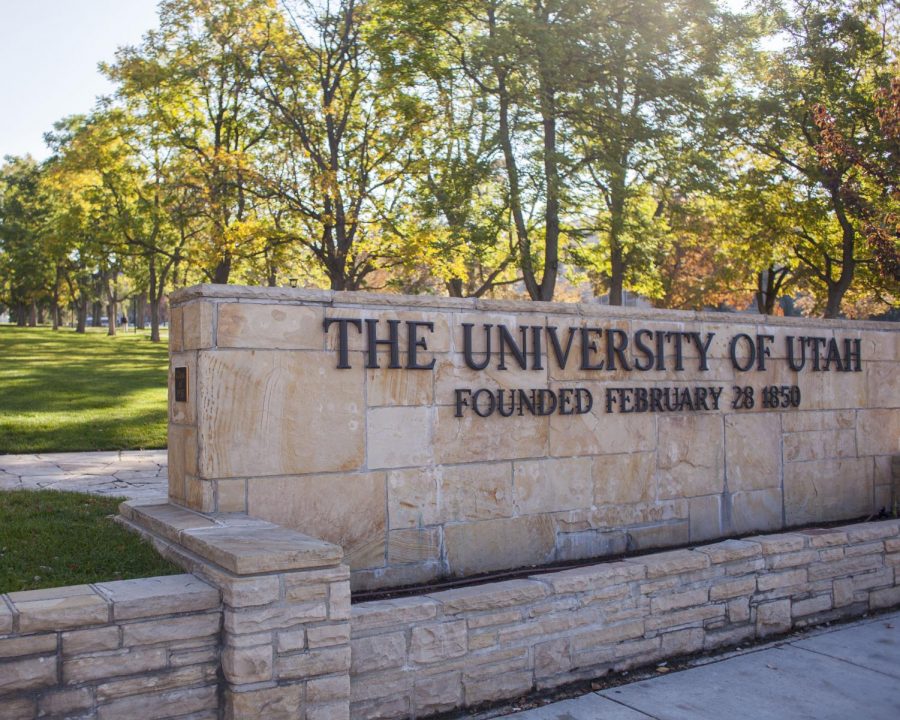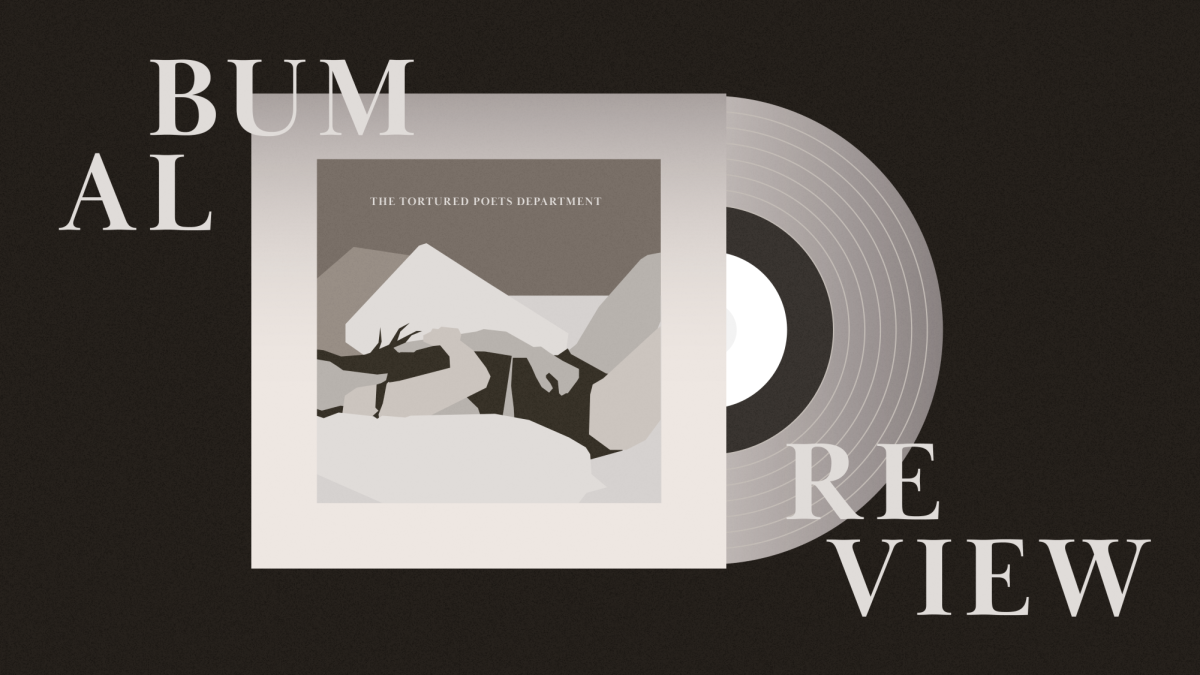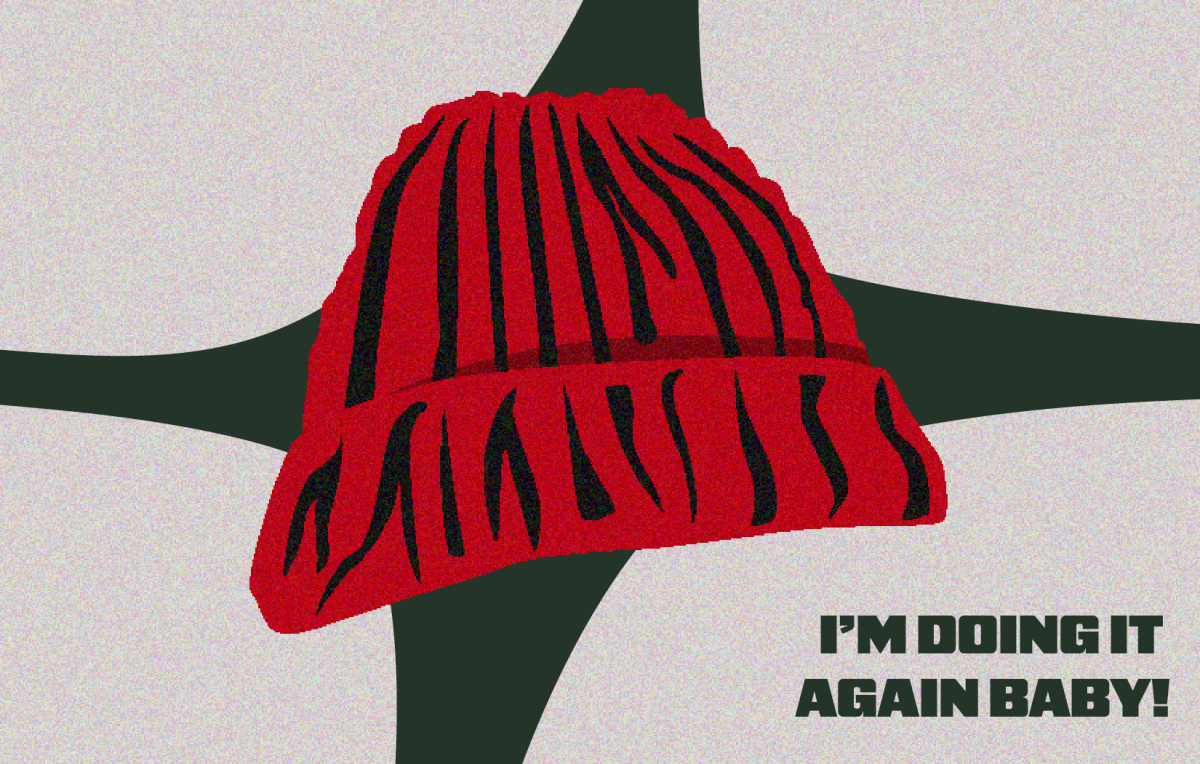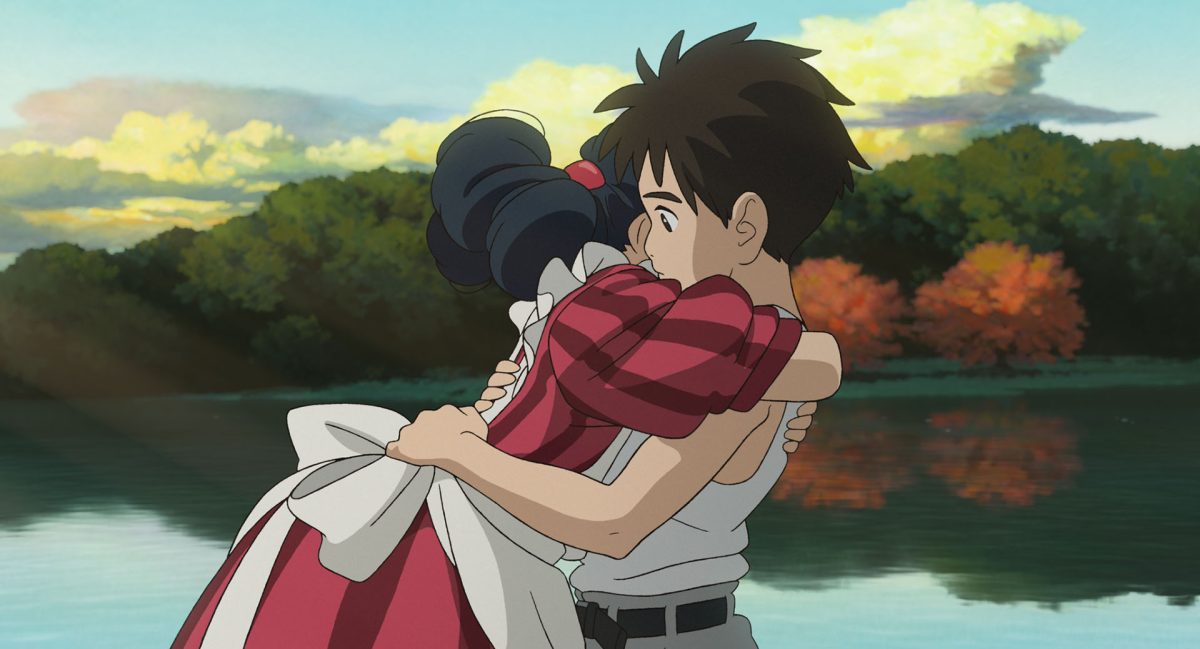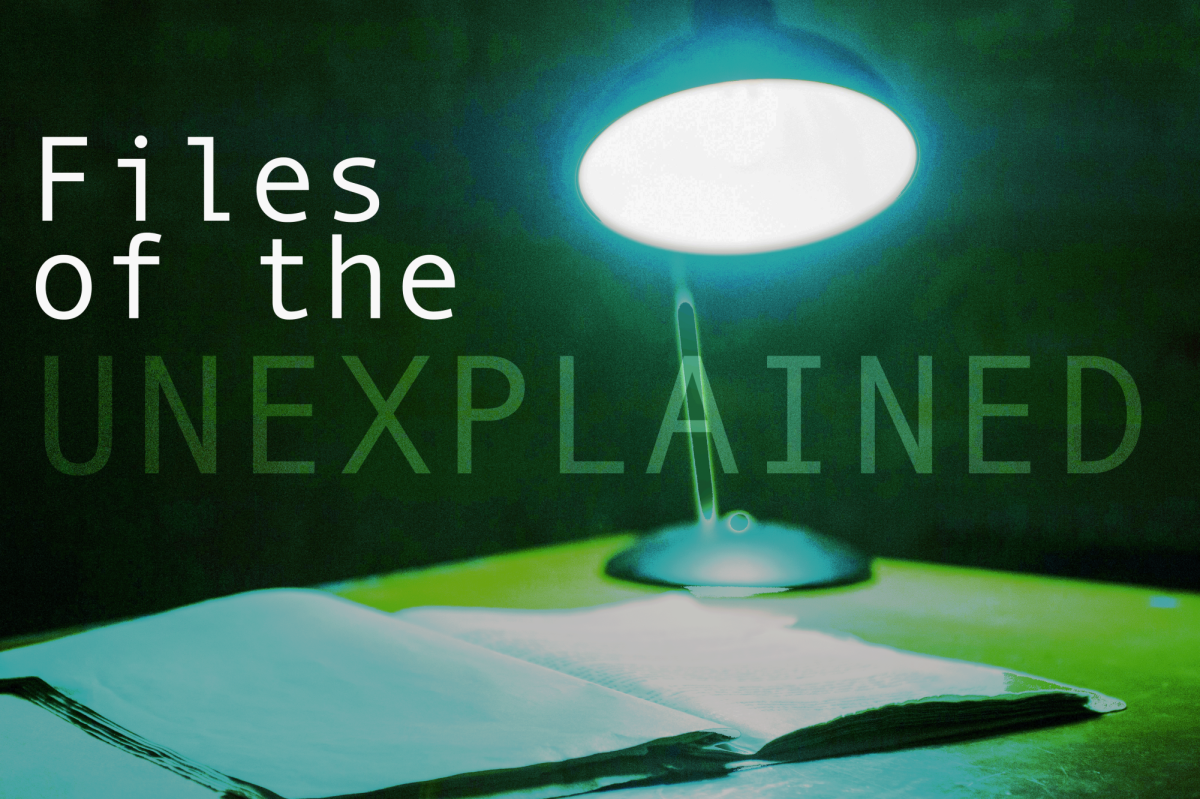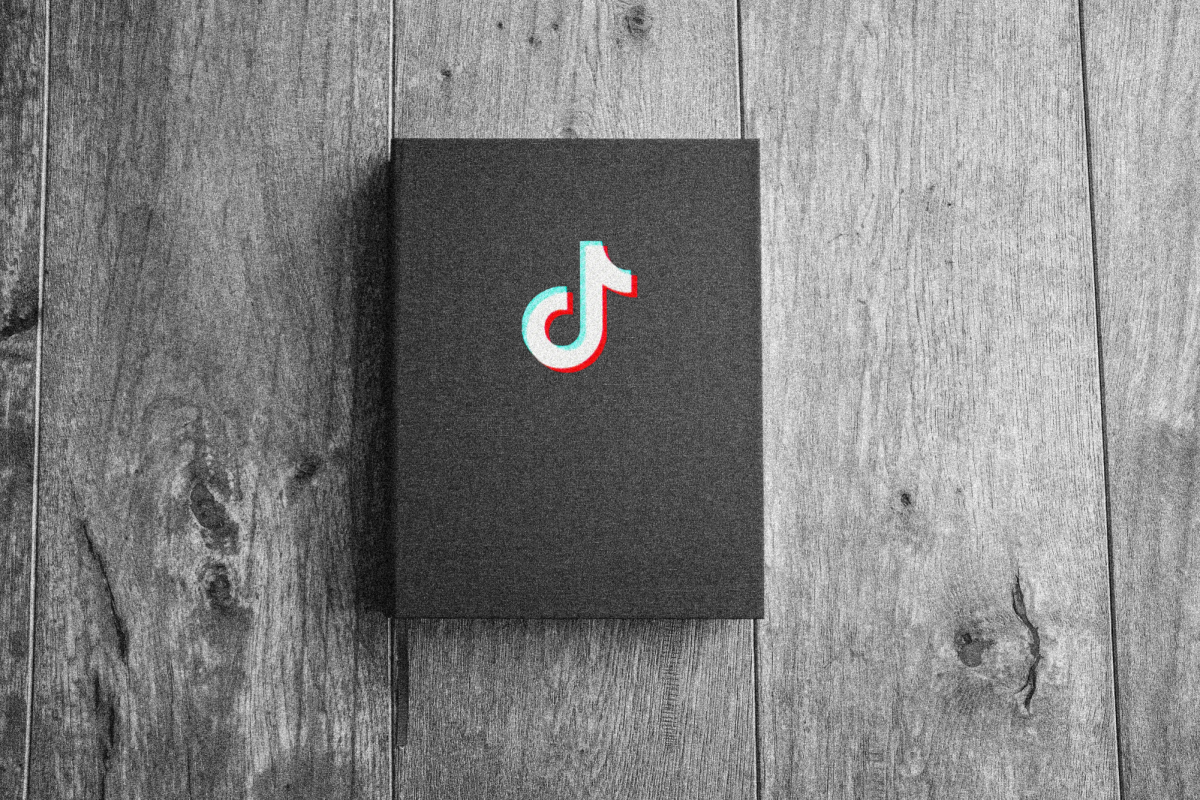Gholami: The Case for a Public Education
August 17, 2020
Reflecting back on my senior year of high school, I remember feeling uneasy with my college options. I was trying to find a balance between what I could afford and a program that would best suit my academic interests. My older brother urged me to apply to elite schools across the country, but I never obliged. During the first two years of college, I thought back to his advice and wondered if I had made a mistake. After four-plus years at the University of Utah, I know that I have made the right choice. Students have many options when it comes to higher education institutions, but perhaps none are as helpful or accessible as the best public school in your state. U students, you’ve made the right choice.
At 18, I remember crunching the numbers in my head, trying to calculate whether or not I could afford to move out of my house and get the full in-person college experience. With the job market predictions and post-grad looking quite dismal in the age of coronavirus, there’s even more reason for young adults to be making economical college choices now. Scott Galloway, an NYU professor, has said that with the devastating effects of COVID-19, the future of higher education will look a lot different. As schools plan to administer virtual classrooms for the foreseeable future, there is no justification in paying $55,000 a year for a chic Zoom class at an elite institution like NYU versus $7,000 a year for the same content at a great public school like CUNY.
As someone who has switched majors and career paths a handful of times during my undergraduate experience, take my advice: attend the institution where you can thrive, not where you are constantly grasping for straws and emptying your pockets. At the U, I was able to complete four internships, lead two organizations, live amongst 22 service-minded individuals and travel to present my research. Without worrying about paying upwards of $50,000 in tuition, I had the wiggle room to take on additional positions in the community to focus on issues that really mattered to me. The beauty of public universities is that with a lower sticker price for tuition, there is a greater opportunity to get involved without necessarily having to work extra jobs just to keep up with the outrageous expenses of a top tier school. It’s the greatest bang for your buck.
However ironic it may sound, researchers at Stanford investigated whether or not attending an elite school would actually lead to success post-grad. They discovered that the most successful students during and after college are those who thoroughly engage in their undergraduate experience “regardless of how selective a school may be.” It turns out that the selectivity of the college is not a reliable predictor of “student learning, job satisfaction, or well-being” and that being involved in community organizations, internships and research opportunities may be more important than the college that you attend.
Another example of elite academics condemning their own practices comes from William Deresiewicz, a professor at Yale. He writes that the ivy league is a system which “exacerbate[s] inequality, [hinders] social mobility, perpetuate[s] privilege, and create[s] an elite that is isolated from the society that it’s supposed to lead.” Deresiewicz suggests that high-status institutions and quality of schooling should not be conflated. Rather, focusing on improving educational practices is a better-suited goal for educating students — public universities do a much better job at this, for a far more affordable price.
My brief stint in Economics taught me that education is regarded as a specific type of commodity — a positional good that people value because of its limited supply, a luxury. It may not possess any worth on its own but its worth comes from others not having it. Rather than viewing education as a public good, “a service that is made available to all members of a society,” we champion giving some students an advantage over others who do not have access to those advantages in the first place. Viewing a university education as a positional good places an emphasis not on learning or making the world a better place, but on status and exclusivity.
How can education be the great equalizer if there isn’t equal access and opportunity to attain it? Galloway asserts that when schools choose to function as luxury brands by charging exorbitant tuition and outlandishly selective rates of admission, they are boosting their ability to be exclusionary. Elite schools choosing to turn away thousands of qualified, eager and motivated students every year is not only harsh, it further proves they aren’t interested in seeing education as a public service.
If education, leadership, social and economic justice matter to you, then it is in your best interest to attend a university that makes itself accessible to all different kinds of students and aims to teach them in a way that will make them successful and productive members of society. Public education ensures more access to higher education that any elite university — 80% of all students in the United States are enrolled in state institutions and community colleges. These schools are more likely to provide an educational opportunity for students of all backgrounds, not just those who are born into money and legacy. They produce research that benefits the public and shrink the education gap among communities who are born into poverty. I am a proud product of public education and I know that we, as future graduates of the U, will continue to make a significant impact on the world.
Current financial burdens, barriers to acceptance and overall post-graduate outcomes indicate that there has never been a better time to be an excellent public-school student. But if that isn’t enough, heed Professor Deresiewicz’ advice. When asked by many young people whether “there is anything that [students] can do to avoid becoming an out-of-touch, entitled little s—” his response is short but telling: “transfer to a public university.”


